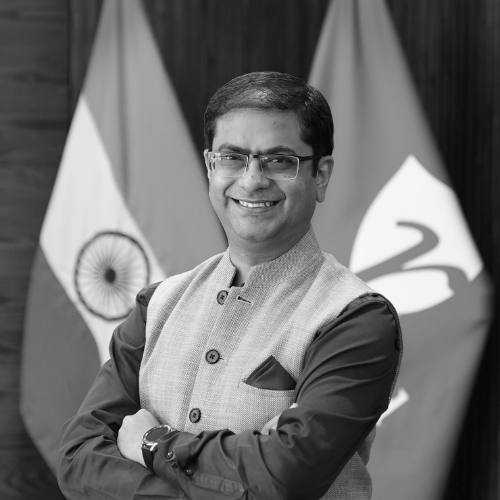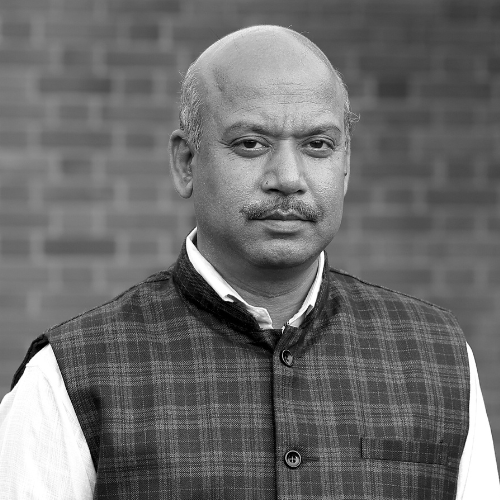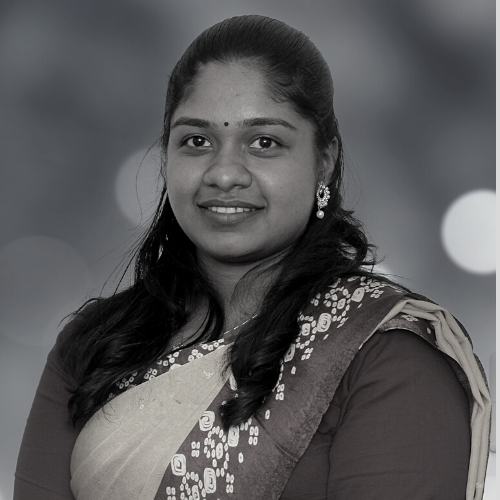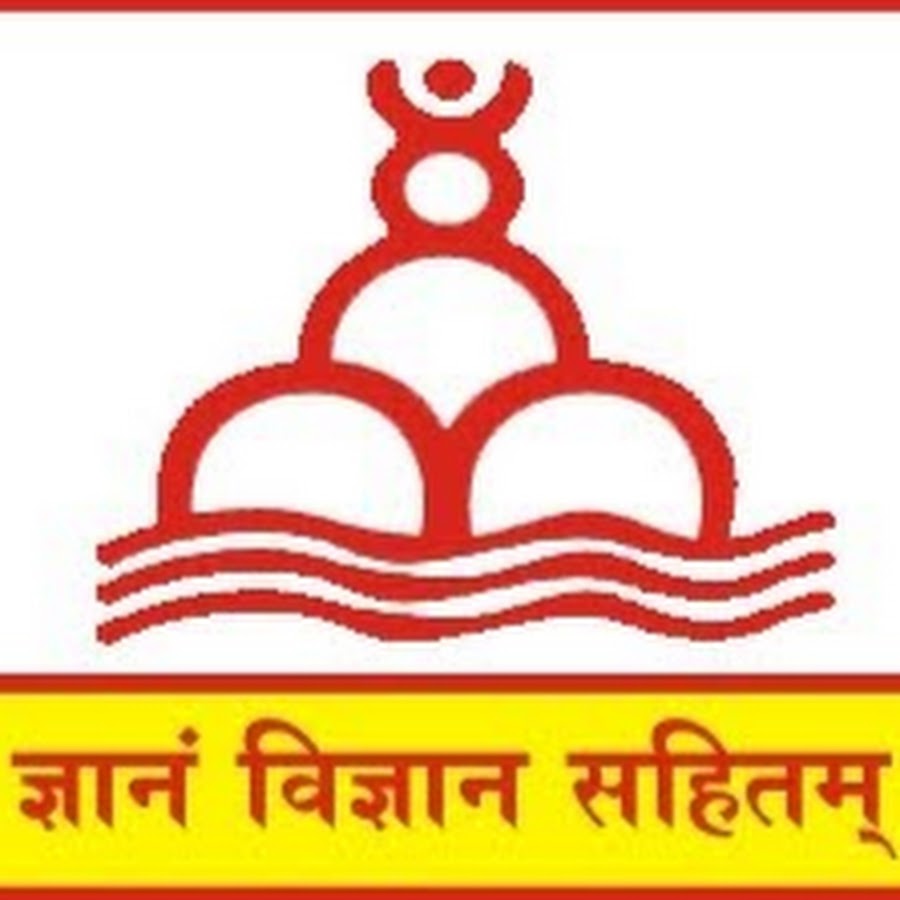This conference has three primary aims:
1. To explore Integral Humanism (IH) in-depth, considering its relevance in addressing modern global challenges and advancing human well-being.
2. To encourage interdisciplinary dialogues, fostering discussions on the intersections of Integral Humanism with education, psychology, ethics, governance, and socio-economic development.
3. To analyse and explore the practical application and implementation of this philosophy on the ground, especially in school education.
Integral Humanism, deeply rooted in holistic human development, holds immense relevance in the contemporary world. It offers profound insights into tackling complex issues such as sustainability, social justice, ethical governance, and comprehensive education. By revisiting and reinterpreting this philosophy, the conference seeks to enrich current knowledge systems and practices. Participants are expected to contribute rigorous academic papers, engage in thought-provoking discussions, and generate actionable insights, ultimately gaining a deeper appreciation of Integral Humanism’s potential to guide positive change in various domains.
This conference will bring together scholars, researchers, policymakers, and practitioners to delve into the multifaceted dimensions of Integral Humanism and its contemporary relevance. This conference will serve as a platform for rigorous academic discourse, fostering cross-disciplinary interactions and promoting actionable insights that align with the principles of Pandit Deen Dayal Upadhyaya’s Integral Humanism.







